KEVIN J. MCMAHON is the John R. Reitemeyer and Charles A. Dana Research Associate Professor of Political Science at Trinity College in Hartford, Connecticut. His books include Reconsidering Roosevelt on Race, also published by the University of Chicago Press and winner of the American Political Science Associations Richard E. Neustadt Award.
The University of Chicago Press, Chicago 60637
The University of Chicago Press, Ltd., London
2011 by The University of Chicago
All rights reserved. Published 2011.
Printed in the United States of America
20 19 18 17 16 15 14 13 12 11 1 2 3 4 5
ISBN-13: 978-0-226-56119-6 (cloth)
ISBN-10: 0-226-56119-4 (cloth)
ISBN-13: 978-0-226-56121-9 (e-book)
Library of Congress Cataloging-in-Publication Data
McMahon, Kevin J.
Nixons Court : his challenge to judicial liberalism and its political consequences / Kevin J. McMahon.
p. cm.
Includes bibliographical references and index.
ISBN-13: 978-0-226-56119-6 (cloth : alk. paper)
ISBN-10: 0-226-56119-4 (cloth : alk. paper)
1. United States. Supreme CourtHistory20th century. 2. JudgesSelection and appointmentUnited StatesHistory20th century. 3. Nixon, Richard M. (Richard Milhous), 19131994Influence. 4. United StatesPolitics and government19691974. I. Title
KF8742.M353 2011
347.7326dc22
2011013603

This paper meets the requirements of ANSI/NISO Z39.48-1992 (Permanence of Paper).
Acknowledgments
The process of writing a book can be a long, arduous, and solitary experience. But it can also be tremendously satisfying, especially when there are others willing to discuss ideas and read unpolished drafts of the work at hand. I benefitted greatly from many conversations about my work on the Nixon presidency with friends and fellow scholars, including Renny Fulco, Jim Hurtgen, Gary Jacobson, Tom Keck, Ken Kersch, Chris Kirkey, Shep Melnick, John Murphy, Mary Travers Murphy, Julie Novkov, H.W. Perry Jr., Bobby Ras, Todd Ryan, Steve Teles, George Thomas, John Travers, and Keith Whittington. Several others also read early drafts of a chapter or two, including Graham Dodds, Andy Dowdle, Diana Evans, Mike Fotos, Brad Hays, Will Howell, Ron Kahn, Dan Kirsch, Phil Klinkner, Sandy Levinson, Joseph Lowndes, Lida Maxwell, James Pfiffner, Richard Pious, David Rankin, Gerry Rosenberg, and Bob Spitzer.
My close friends Don Beachler and Michael Paris deserve a special note of thanks in this regard as each read all or substantial parts of the manuscript and were always willing to listen to my ideas and, more important, offer their honest evaluation. Ned Cabot also read the manuscript, both with the eye of a keen observer of the Supreme Court and as someone who participated in some of the early events described within these pages. I also owe thanks to the anonymous reviewers of the manuscript. Their comments were invaluable in helping me to clarify my arguments and incorporate ideas I had initially overlooked.
At the early stages of writing this book, I accepted a new position at Trinity College in Hartford, Connecticut. While moves can be more difficult than expected, I have found a home at Trinity, Neath the Elms. My colleagues in the political science department were very welcoming without the significant technical assistance of Rachael Barlow, who heads up the Social Science Center at Trinity with unmatched dedication and enthusiasm. I also benefitted from the work of two excellent research assistants, Liliana Madrid and Stephanie Glover, both Trinity undergraduates. Indeed, I have been the recipient from a great deal of support from the Trinity community, including its president, Jimmy Jones, and its dean, Rena Fraden.
During the early stages of this project, I spent a semester as Fulbright Distinguished Research Chair at the University of Montreal. Teaching about conservatism and constitutional conflicts to a diverse group of graduate students was a wonderful experience for me. A summer stipend from the National Endowment for the Humanities also supported my work on this book. I was fortunate enough to present some of my research at workshops at Harvard Law School (organized by Mark Graber and Mark Tushnet), Princeton University (organized by Paul Frymer), and the Washington College of Law at American University (organized by Lynda Dodd and Robert Tsai). These one- or two-day conversations with some of the top scholars in the fields of public law and American political development were tremendously valuable to me as I worked through my ideas about the book.
I could not have asked for more support and attention from my editor, John Tryneski. John challenged me when it was necessary and, in doing so, helped to improve the book immeasurably. I owe thanks to Rodney Powell at Chicago for answering my many questions in his patient and thorough manner. Copyeditor Therese Boyd deserves high praise for her fine work on the manuscript.
As always, my parents, siblings, nieces, nephews, family members, and friends offered much encouragement and support, although many of them still wonder why it takes me so long to write a book. Those who share the experience on a day-to-day basis, of course, have a much better understanding, living with the trials and tribulations as well as the turning points. Pamela made the tough days far easier and the good days much more cheerful, always with her kindness, friendship, and love. And then there is Brooks, my four-year-old son. Just writing those words brings a smile to my face. His boundless energy and curious mind brighten my days and bring joy to my heart. And for that, I dedicate this book to him.
It does not even reach the surface of his thoughts, he has never had to explain this to anyoneno one has ever said, Tom, why would a fellow want to run a saloon?but there is no satisfaction in the world like sitting at the front window table with a couple of friends, playing cards, smoking, drinking, watching the street with one eye, the run of tricks with the other, one ear on the gossip of old men, the other on the cash register, knowing that at any moment the door will swing open and that someone you are bound to knowsomeone who has married your priests cousins niece, someone who has drunk on the book for years and never missed settling accounts at weeks end, someone busy unionizing in the ward, someone from the Twelfth Precinct, someone back in town from Cattaraugus County or Erie, Pennsylvania, someone wearing a beat fedora and just come from the river with a yellow pike wrapped in the Courier- Express for Freda, scales stuck to the backs of his handsthat someone will walk in with a smile showing, and even if you dont know him, hes going to sit down and order a Langs anyway, and your very own son, the one who stayed home and didnt join the Signal Corps in 1940 and settle in New Jersey, will pour it and ring it up while you attend to what is trumps and what the current line of conversation is among these shabby but presentable old men who have anchored your thoughts for twenty-five years to date on this very corner of a great American city.
VERLYN KLINKENBORG, The Last Fine Time

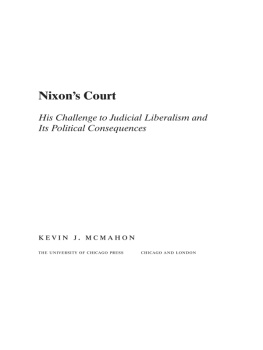

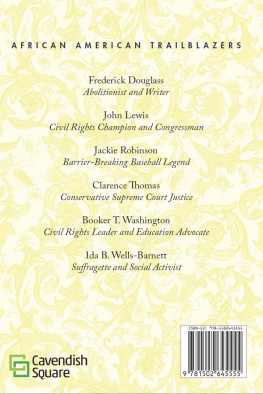
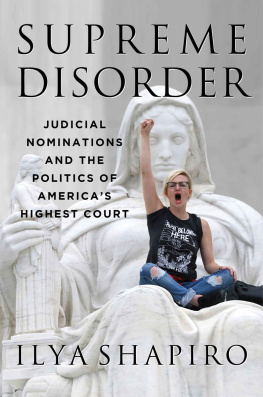
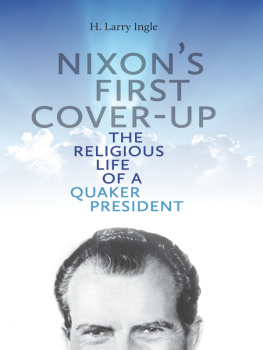
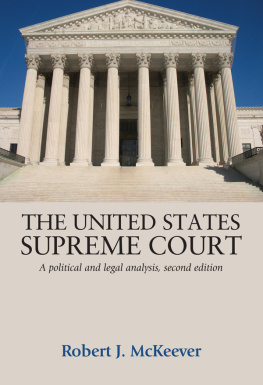
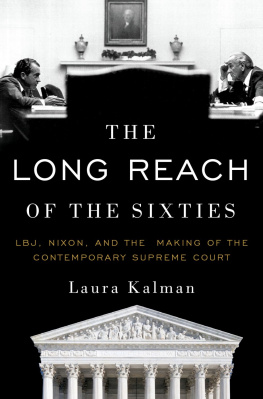
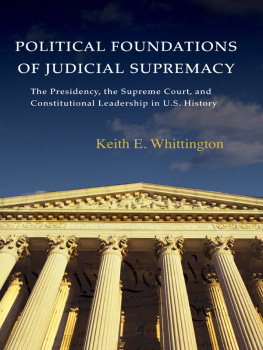
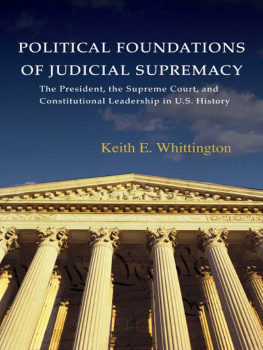
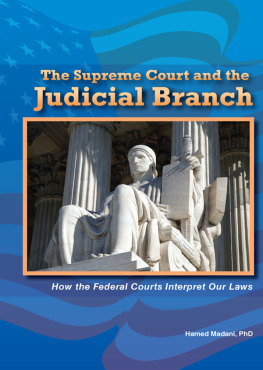
 This paper meets the requirements of ANSI/NISO Z39.48-1992 (Permanence of Paper).
This paper meets the requirements of ANSI/NISO Z39.48-1992 (Permanence of Paper).